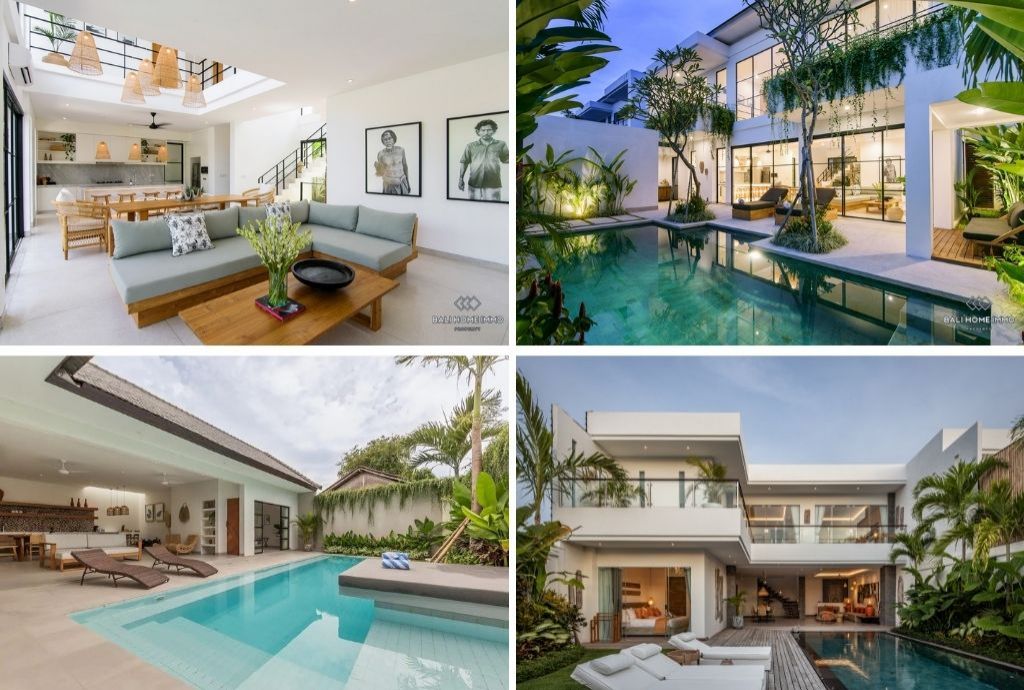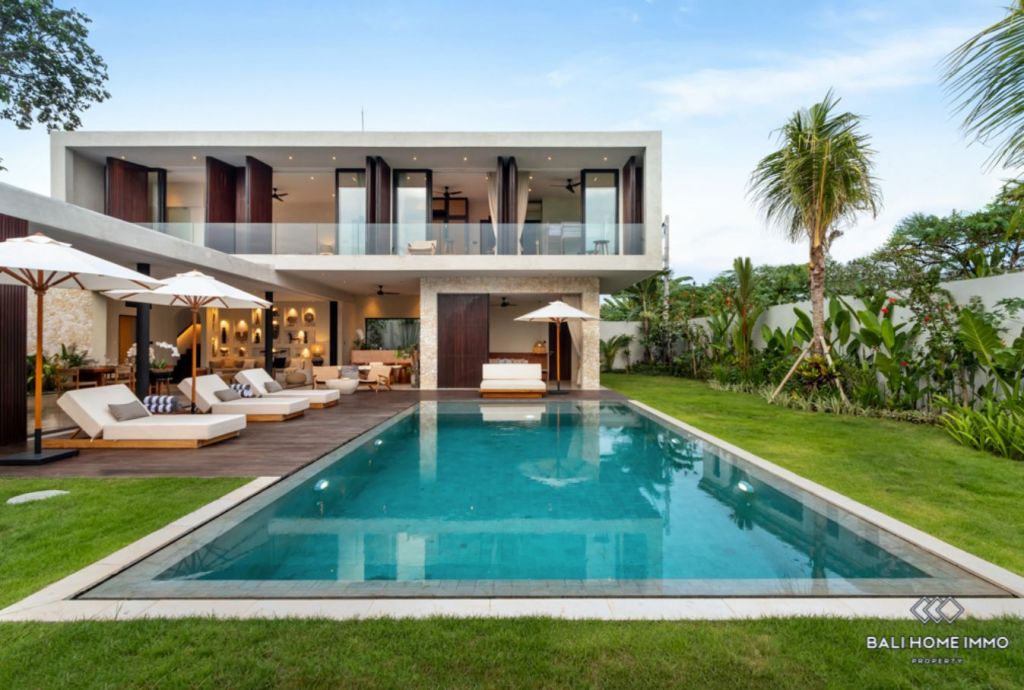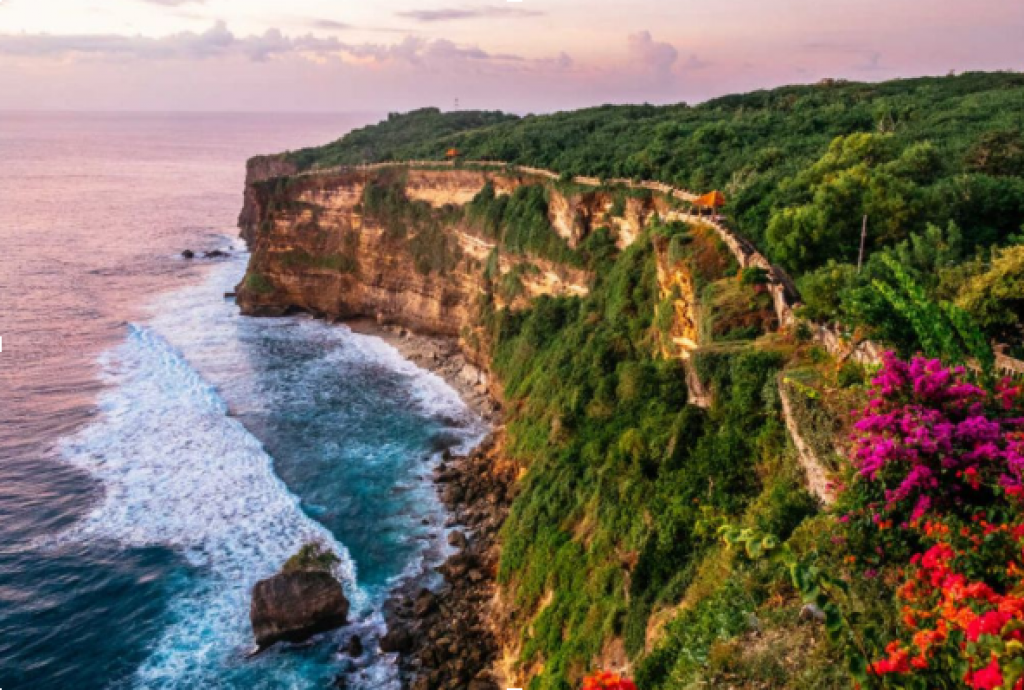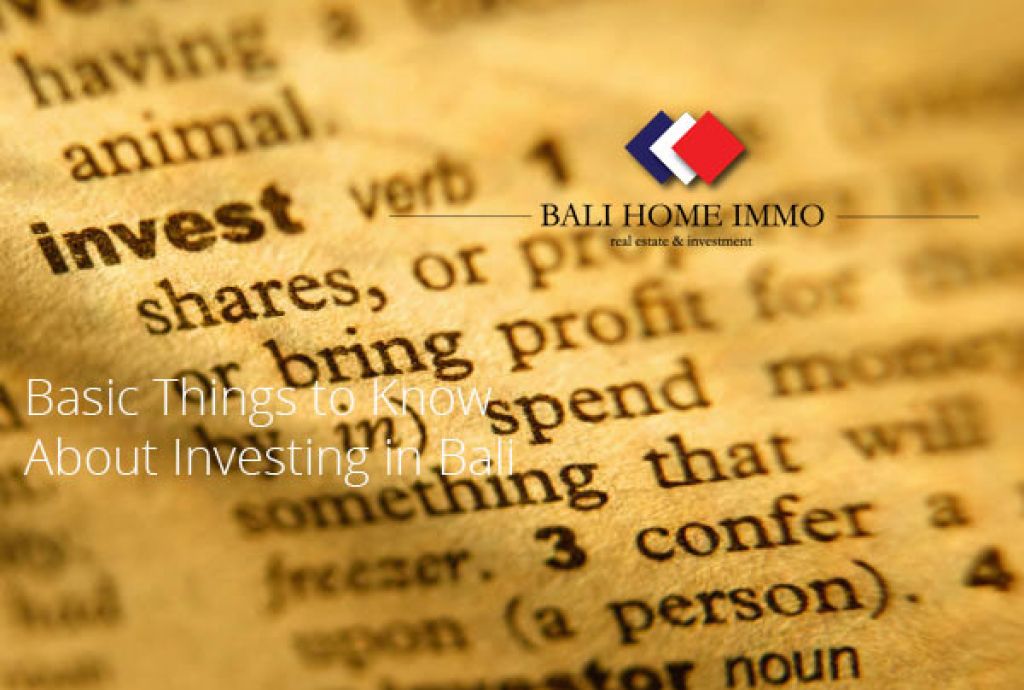
What is a leasehold vs. freehold property in Bali?

Bali's enchanting landscapes and vibrant culture have made it a sought-after destination for property investors. However, understanding the types of property ownership available—namely leasehold and freehold—is crucial for making informed decisions. This article aims to clarify these concepts, providing a balanced view to assist both local and foreign investors.
Understanding Freehold Property in Bali
Freehold ownership in Indonesia, known as Hak Milik, is the most complete form of property ownership. This title grants the owner full rights over the land and any structures built on it, with no expiration period. However, freehold ownership is strictly limited to Indonesian citizens. Foreign investors are prohibited from holding freehold property unless they establish an Indonesian-based company (PT PMA), which allows them to acquire land under the Hak Guna Bangunan (HGB) title, a form of long-term land-use right.
Advantages of Freehold Ownership
- Permanent Ownership: The property remains under the owner’s name indefinitely.
- Full Control: Owners have complete authority to develop, modify, or use the property as they see fit within local regulations.
- Inheritance Rights: Freehold properties can be passed down to heirs, ensuring long-term asset retention.
Disadvantages of Freehold Ownership
- Restricted to Indonesian Citizens: Foreign investors cannot legally own freehold property unless structured under a PT PMA.
- Higher Acquisition Costs: Freehold properties generally require a larger initial investment compared to leasehold options.
- Maintenance Responsibility: The owner is fully responsible for property upkeep, repairs, and taxes.
Tax Obligations for Freehold Properties
- Land and Building Acquisition Duty (BPHTB): 5% of the transaction value, paid by the buyer.
- Income Tax on Property Sales (PPh): 2.5% of the sale price, paid by the seller.
- Annual Land and Building Tax (PBB): Up to 0.5% of the taxable value, paid annually by the owner.
- Luxury Goods Sales Tax (PPnBM): Up to 20%, applicable to high-value properties classified as luxury real estate.
- Value Added Tax (VAT/PPN): Effectively 11% for most goods and services; 12% for luxury goods, applicable to sales of new properties by developers.
*Tax regulations may vary by region and are subject to change. Always seek advice from a qualified tax consultant or local tax authorities to ensure compliance with the latest policies.
Understanding Leasehold Property in Bali
Leasehold property, or 'Hak Sewa', allows an individual or entity to use and occupy land or buildings for a specified period, typically ranging from 25 to 30 years, with possibilities for extension. This form of ownership is particularly common among foreign investors, as it provides a legal pathway to utilize property in Bali without breaching regulations prohibiting foreign freehold ownership.
Advantages of Leasehold Ownership
- Accessible to Foreign Investors: Leasehold ownership provides a compliant investment route for non-Indonesian buyers.
- Lower Initial Investment: Leasehold properties often require a lower upfront cost compared to freehold properties.
- Flexible Investment Term: Lease agreements can be structured to align with investment timelines and objectives.
Disadvantages of Leasehold Ownership
- Limited Duration: Ownership rights are temporary, reverting to the original landowner upon lease expiration unless extended.
- Depreciating Asset: The property’s market value decreases as the lease term nears expiration.
- Renewal Renegotiation: Lease extensions require renegotiation and may involve additional costs or legal processes.
Tax Obligations for Leasehold Properties
- Income Tax on Lease Income (PPh): 10% of lease income (or 20% if the lessor does not have a Tax Identification Number).
- Value Added Tax (VAT/PPN): Effectively 11% of the lease value, applicable when leasing from a commercial entity.
As of January 1, 2025, Indonesia’s VAT rate increased to 12%. However, for non-luxury goods and services, including property leases from commercial entities, the effective VAT rate remains 11%. This is due to an adjusted taxable base calculated at 11/12 of the selling price or transaction value, effectively maintaining VAT on leases at 11%.
(Source: pajak.go.id)
- Annual Land and Building Tax (PBB): up to 0.5% of the taxable value, typically paid by the property owner unless otherwise agreed.
Example of Freehold Ownership in Bali
Scenario 1: Freehold Ownership for Indonesian Citizens
Putu, a Balinese citizen, decides to purchase a villa in Canggu as a long-term investment and family asset. Since Putu is an Indonesian citizen, he is eligible to buy the property under Hak Milik (freehold title). This means that once he completes the purchase, he fully owns the land and the villa indefinitely. He can live in the property, rent it out, or pass it down to his children without any restrictions. The property remains in his name permanently unless he decides to sell it.
Because Hak Milik is the highest form of land ownership in Indonesia, Putu has full control over the property. He can renovate, expand, or modify the villa without requiring permission from any landlord or leaseholder, as long as he follows local zoning regulations. Additionally, if property prices increase in the future, Putu has the option to sell it at a higher value, making it a potentially profitable long-term investment.
Scenario 2: How Foreign Investors Can Hold Property in Bali
Emma, an investor from Australia, visits Bali and wants to purchase a beachfront villa in Seminyak as a personal holiday home and rental business. However, since Emma is not an Indonesian citizen, she cannot legally own land under a freehold title (Hak Milik). Unlike Putu, she must explore alternative legal options to acquire property in Bali.
Emma considers two main legal pathways:
1. Leasehold Agreement (Hak Sewa) – Since direct freehold ownership is not allowed for foreigners, Emma can lease the property for a fixed period, typically 25-30 years with an option to extend for another 20-30 years (when the owner agrees). Under a leasehold agreement, she has exclusive rights to use the villa, rent it out, and generate rental income. However, once the lease expires, ownership reverts to the original freehold owner, unless she negotiates an extension.
2. PT PMA (Foreign-Owned Company) and Hak Guna Bangunan (HGB) Title – If Emma is interested in operating a business, such as a villa rental, she can establish a foreign-owned company (PT PMA) in Indonesia. Through this company, she can obtain a Hak Guna Bangunan (HGB) title, which allows her to build and own property on leased land for a renewable period of 30+20+30 years. Unlike a personal leasehold, this structure provides more control over the property and is often preferred by foreign investors who plan to run commercial operations.
Key Considerations for Investors
1. Legal Restrictions: Foreign investors must navigate Indonesian property laws carefully. While direct freehold ownership is not permitted, alternatives such as establishing a foreign-owned company (PT PMA) can provide avenues for property investment.
2. Investment Goals: Align your choice of property ownership with your long-term objectives. If seeking permanent residence or a legacy asset, freehold (through permissible structures) may be preferable. For shorter-term investments or business ventures, leasehold are more suitable.
3. Financial Implications: Consider the total cost of ownership, including purchase price, taxes, maintenance, and potential lease renewal fees. Leasehold properties might offer lower initial costs but could incur significant expenses upon renewal.
4. Market Trends: Stay informed about Bali's real estate market dynamics. Factors such as tourism trends, government policies, and infrastructure developments can influence property values and investment viability.
Choosing between freehold and leasehold property in Bali depends on legal eligibility, investment objectives, and financial planning. Freehold ownership offers permanence and control but is restricted to Indonesian citizens. Leasehold ownership provides a viable alternative for foreign investors, albeit with time limitations and potential renewal complexities.
To navigate Indonesian property laws and tax regulations effectively, it is advisable to consult legal and real estate professionals before making an investment decision.






